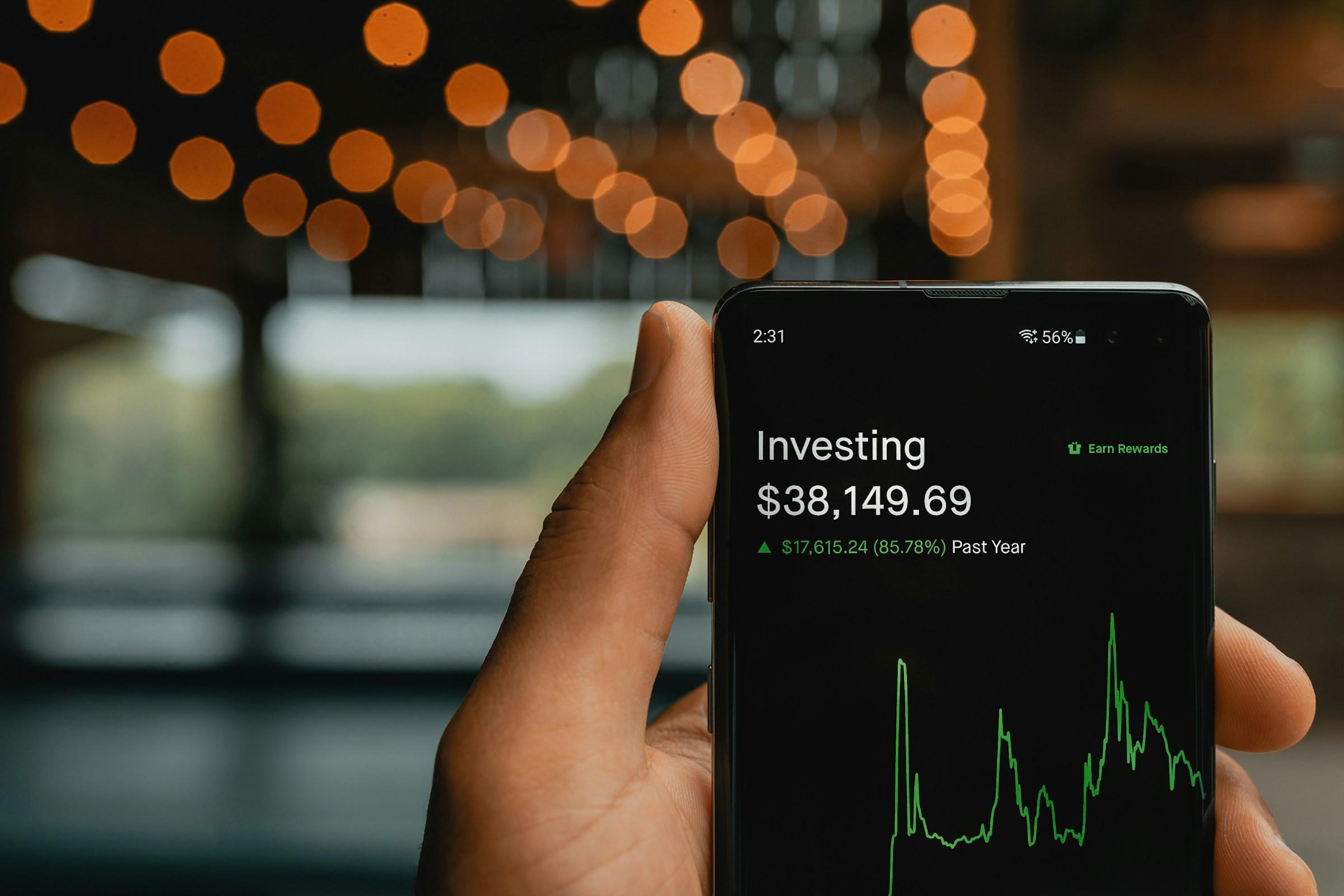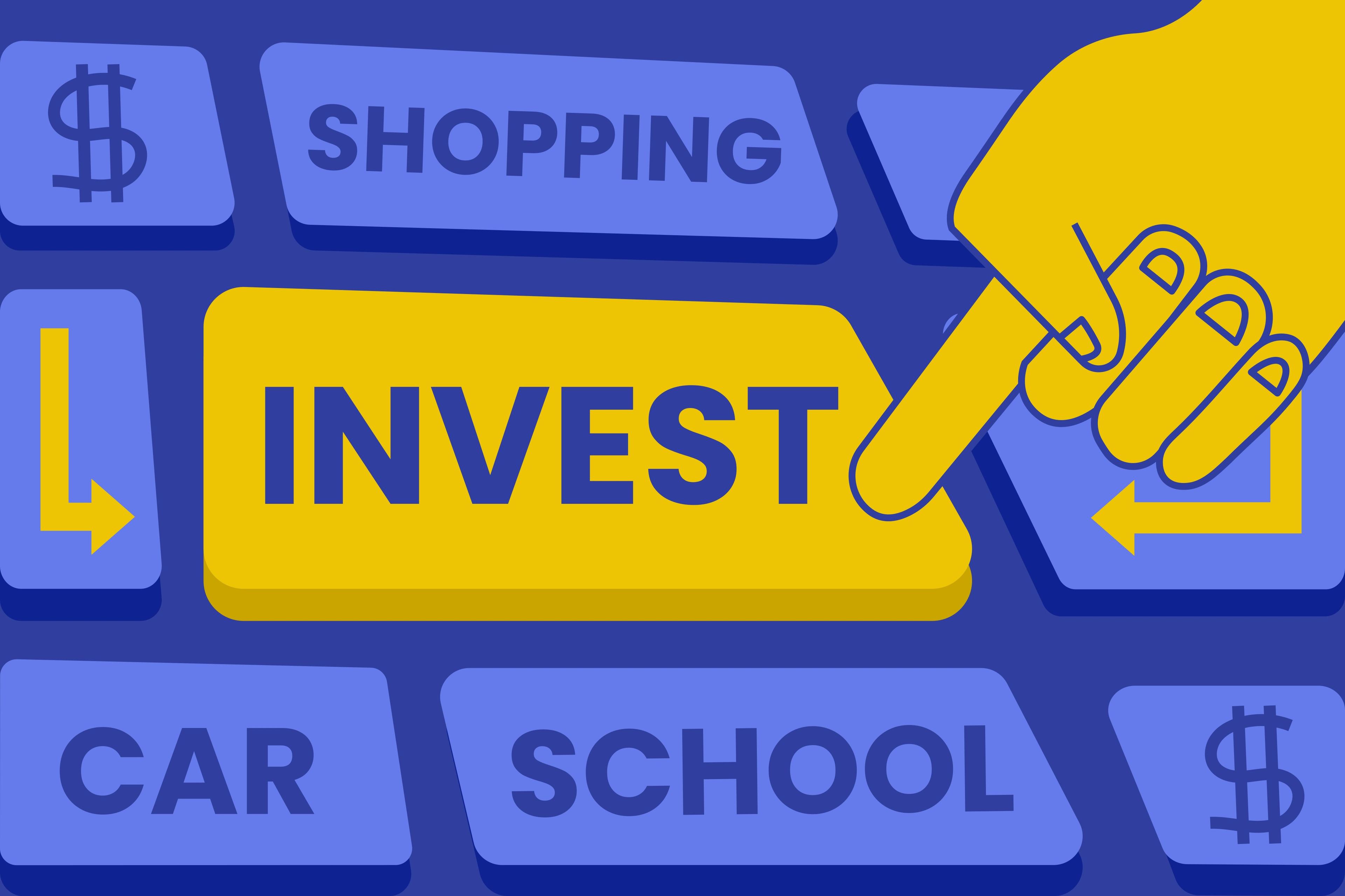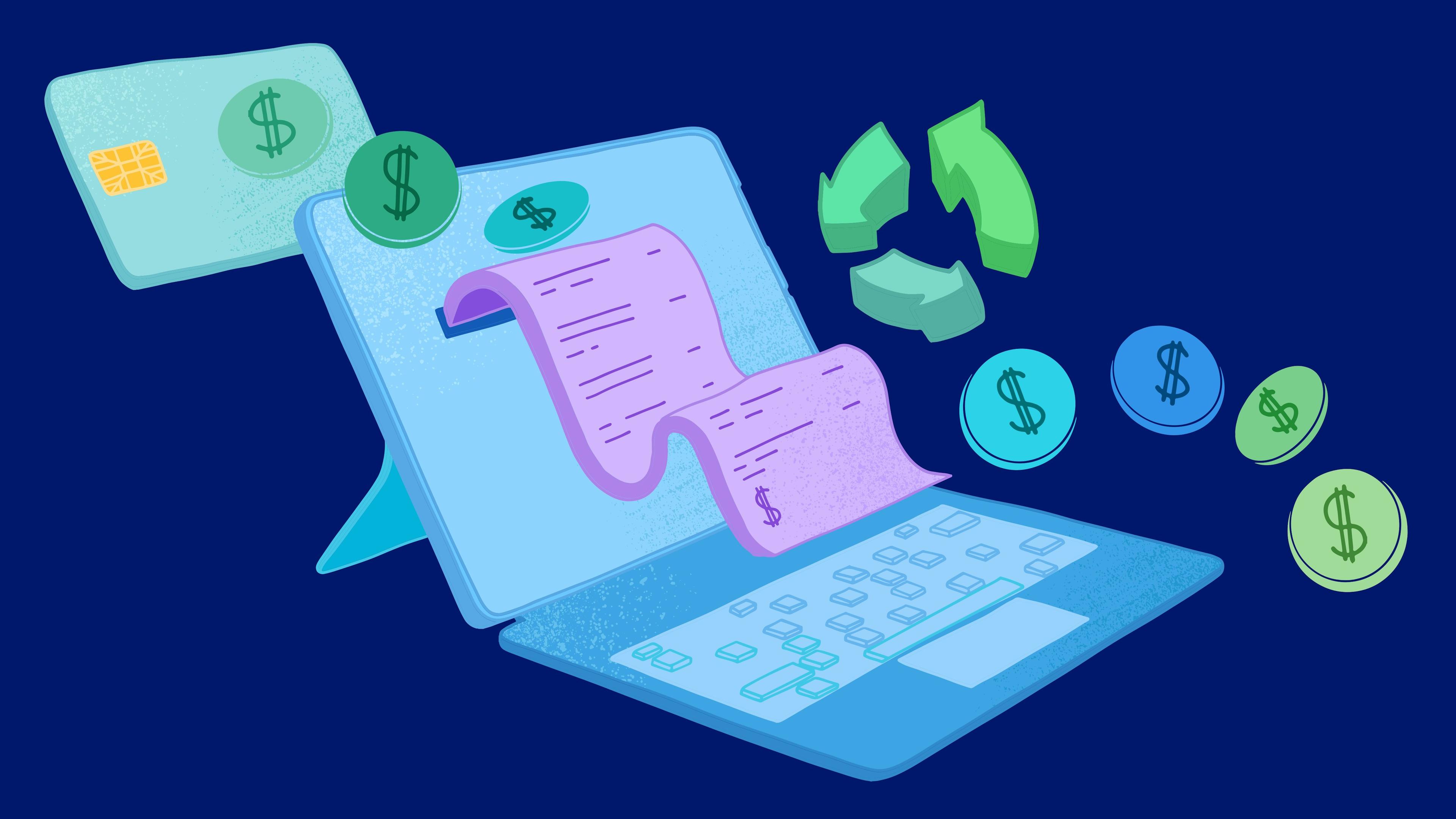When most people talk about cryptocurrency, they talk about price. They talk about bull markets, token picks, and whether this is finally the cycle that changes their net worth. Very few stop to ask a quieter but more fundamental question: what kind of data trail are you leaving behind when you buy, hold, and move your coins. If you intend to treat crypto as part of your long term wealth plan, privacy is not a niche concern. It is part of risk management.
There is a common misconception that cryptocurrency is automatically anonymous. In reality, most major blockchains are transparent by design. Every transaction, wallet address, and transfer can be viewed on a public ledger. When a wallet address is ever linked to your real identity, that transparency turns into a permanent financial footprint. For a long term investor, that has implications that go far beyond curiosity from friends. It shapes how exposed you are to fraud, targeted scams, and sometimes even legal or tax complications if your record keeping is weak.
Buying cryptocurrency through regulated exchanges has become the norm for many professionals in Singapore, Hong Kong, and the UK. This route offers consumer protection, better liquidity, and clearer tax reporting. The trade off is that you pass through detailed Know Your Customer checks. Your passport, address, and sometimes even your source of funds are collected and stored. In a well run institution, that data sits behind strong controls. Even so, any centralised database is a target. A data breach at an exchange or brokerage does not just expose your email address. It can expose the fact that you hold significant digital assets, and sometimes roughly how much.
If you have ever received a suspicious email that references a real account, you have already seen what happens when data from one platform seeps into the wider internet. Now imagine the same scenario, but the attacker knows you hold digital assets that can be moved instantly and irreversibly. Privacy in this context is not about secrecy from tax authorities or regulators. It is about reducing the amount of information that bad actors can use to pressure or manipulate you. That is especially important if you are known within your community as someone who works in finance, tech, or runs a business.
The blockchain itself also plays a role in your privacy profile. Suppose you buy cryptocurrency on a regulated exchange, then transfer it to a personal wallet for long term storage. That withdrawal transaction links your exchange account to a specific wallet address. Chain analysis firms specialise in following these flows, clustering wallets, and inferring who might be behind them. Over time, if you reuse the same address to pay friends, interact with DeFi protocols, or fund other wallets, you increase the chance that parts of your financial life can be mapped together. The more that map reflects your real world identity, the less private your holdings become.
At the same time, complete isolation is neither realistic nor necessary for most people. The goal is not to disappear. The goal is to treat your financial data in the same way you treat your physical security at home. You lock doors. You close curtains at night. You do not announce every purchase to everyone you know. You do this not because you have something terrible to hide, but because boundaries create safety. Crypto simply extends that logic into a space where transactions cannot be reversed and large sums can move in a few clicks.
How you store cryptocurrency has a direct impact on privacy. Keeping all assets on a centralised exchange means your balances and activity are fully visible to that institution. It also concentrates both asset and data risk in a single place. Using a self custody wallet spreads those risks, but introduces new responsibilities. A hardware wallet or well protected software wallet means that you hold your own keys and can decide how to structure your on chain activity. You can separate long term holdings from daily spending, use different addresses for different purposes, and avoid broadcasting your full portfolio every time you make a transaction.
However, better privacy on chain only works if your basic security practices are sound. If your seed phrase is written in a notebook that sits on your desk, or stored as a photo in your cloud account, an attacker who gains access can take everything without needing any blockchain analytics. Similarly, if you reuse the same email and password across your exchange, wallet backup, and personal accounts, a simple credential leak can unravel the whole system. Privacy and security are intertwined. The less information an attacker has about you, the harder it is for them to socially engineer the rest.
It is also worth considering how your crypto privacy choices fit into your wider financial plan. If you hold digital assets that are significant relative to your net worth, you need to think about what happens if something happens to you. Who knows where these assets are stored. Who has access to the seed phrase or recovery plan. Have you documented enough detail in a secure, legal way so that your spouse or children can claim them if needed. Here, extreme secrecy can backfire. A balance where you maintain privacy in public and digital spaces, but still create a clear inheritance path, is part of responsible long term planning.
For expats and cross border professionals, jurisdiction adds another layer. Different countries view crypto assets differently for tax and reporting purposes. Failing to disclose what you should is a legal issue, not a privacy strategy. At the same time, oversharing with multiple institutions can create redundant data trails that are hard to control. The practical middle ground is to work with a tax professional or adviser who understands both your home and host country rules, then limit sensitive disclosures to that trusted circle instead of scattering it across forums, group chats, and unregulated platforms.
Day to day, small habits can improve your privacy without making crypto feel complicated. You can avoid talking about specific holdings on social media and in casual conversations at work. You can use unique emails and strong passwords for your exchange and wallet accounts, supported by a reputable password manager. You can enable two factor authentication and review which devices have access. When making on chain transactions, you can gradually learn how to use different wallets for different roles, just as you might use separate accounts for business and personal banking. None of these steps require advanced technical knowledge. They do require intention.
There is also an emotional dimension to privacy that is easy to overlook. When your financial life is constantly public, it is harder to make decisions that truly align with your own goals rather than with external expectations. If everyone around you knows every coin you own, you may feel pressure to hold when you prefer to trim, or to chase a trend you would normally ignore. Keeping your holdings and activity more private gives you space to make decisions based on your risk tolerance, time horizon, and life plans, instead of on social comparison. That emotional privacy is just as valuable as digital privacy.
If you are already holding cryptocurrency, this is a useful moment to pause and ask a few planning questions. How identifiable are your wallets from public information that already exists. How concentrated is your asset and data risk across platforms. If an exchange you use were compromised tomorrow, what would a stranger know about you. If you were unavailable for a period of time, who could safely and legally access your holdings. Each honest answer points to a small next step you can take, whether that is segmenting wallets, updating security, or writing a clearer instruction letter to a trusted person.
Privacy in crypto is often discussed at the extremes, caught between full anonymity and full transparency. In practical personal finance, the most useful position sits in between. Enough transparency to stay compliant and work with regulated platforms. Enough privacy to reduce your exposure to unnecessary threats and social pressure. When you treat privacy as part of your overall financial architecture, not a side topic, you give your future self a stronger foundation. The smartest crypto plans are not just about what you buy. They are about who can see your financial life, how that information can be used, and whether your money choices still line up with the life you want.















